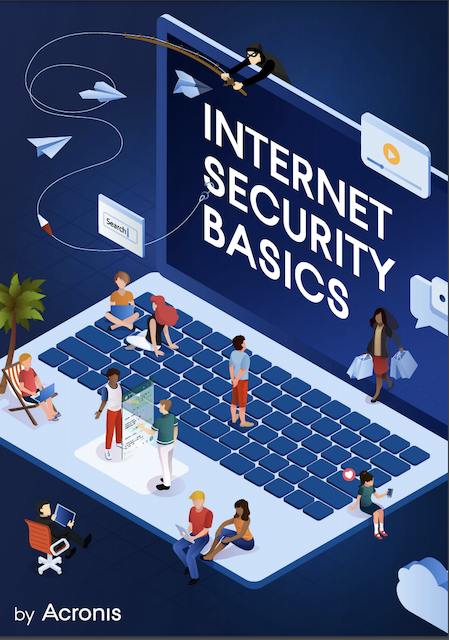Holy Week is a super popular time for travel in the Philippines, with about two million people expected to fly domestically to celebrate. That means lots of competition for tickets and deals on travel sites and apps. But watch out – scammers are ready to take advantage of the situation, especially with everyone focused on family and religious activities.

Palo Alto Networks, a major cybersecurity company, has some advice for staying safe during Holy Week. Steven Scheurmann, their Regional VP for ASEAN, said that scammers love to target the travel industry because it’s full of personal info like usernames, emails, and passwords, not to mention identity, payment, and contact details.
So, what should you look out for? Palo Alto Networks says common travel scams include:
- Fake domains and URLs pretending to be popular brands and websites.
- Phishing messages sent through email, SMS, or WhatsApp, trying to trick you into downloading nasty files or clicking on harmful links. Scammers often use urgent or emotional themes to get your attention.
- “Shadow travel agencies” that offer super cheap bookings on social media. They take your money and then pay the real service providers (like hotels or airlines) with stolen payment info. By the time the providers realize they’ve been scammed, it’s too late.
To protect against these scams, organizations should train employees to spot fraudulent emails, back up their data regularly, use multi-factor authentication, and set up advanced cybersecurity solutions.
As Steven put it, “Everyone needs to stay vigilant to avoid these threats.” When you’re traveling for Holy Week and spending time with family, make sure you’re also keeping an eye out for those sneaky cybercriminals. Stay safe and enjoy the holidays!